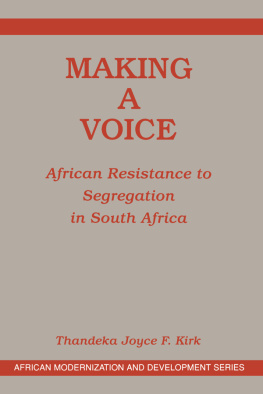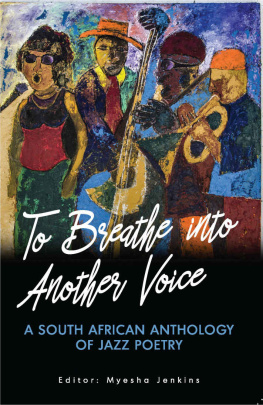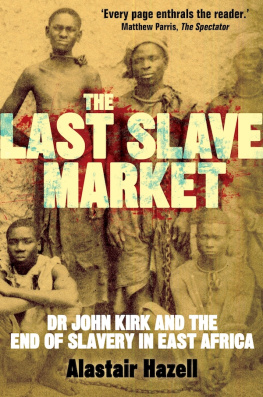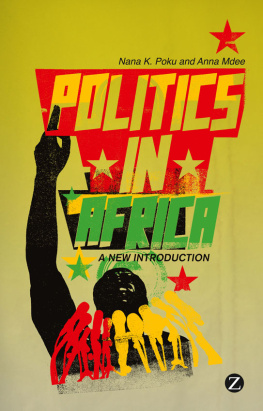Thandeka Joyce F. Kirk - Making a Voice: African Resistance to Segregation in South Africa
Here you can read online Thandeka Joyce F. Kirk - Making a Voice: African Resistance to Segregation in South Africa full text of the book (entire story) in english for free. Download pdf and epub, get meaning, cover and reviews about this ebook. year: 1999, publisher: Westview Press, genre: Politics. Description of the work, (preface) as well as reviews are available. Best literature library LitArk.com created for fans of good reading and offers a wide selection of genres:
Romance novel
Science fiction
Adventure
Detective
Science
History
Home and family
Prose
Art
Politics
Computer
Non-fiction
Religion
Business
Children
Humor
Choose a favorite category and find really read worthwhile books. Enjoy immersion in the world of imagination, feel the emotions of the characters or learn something new for yourself, make an fascinating discovery.
- Book:Making a Voice: African Resistance to Segregation in South Africa
- Author:
- Publisher:Westview Press
- Genre:
- Year:1999
- Rating:4 / 5
- Favourites:Add to favourites
- Your mark:
- 80
- 1
- 2
- 3
- 4
- 5
Making a Voice: African Resistance to Segregation in South Africa: summary, description and annotation
We offer to read an annotation, description, summary or preface (depends on what the author of the book "Making a Voice: African Resistance to Segregation in South Africa" wrote himself). If you haven't found the necessary information about the book — write in the comments, we will try to find it.
Making a Voice: African Resistance to Segregation in South Africa — read online for free the complete book (whole text) full work
Below is the text of the book, divided by pages. System saving the place of the last page read, allows you to conveniently read the book "Making a Voice: African Resistance to Segregation in South Africa" online for free, without having to search again every time where you left off. Put a bookmark, and you can go to the page where you finished reading at any time.
Font size:
Interval:
Bookmark:
| AAWMU | African and American Working Mens Union |
| AMEC | African Methodist Episcopal Church |
| ANC | African National Congress |
| AZM | American Board Zulu Mission |
| BBNA | Blue Book on Native Affairs |
| CAD | Cape Archives Depot |
| CO | Colonial Office |
| CT | Cape Times |
| EPH | Eastern Province Herald |
| ICU | Industrial and Commercial Workers Union |
| Iliso Lomzi | Vigilance Association |
| Imbumuba | Imbumba Yama Nyama African Political Association |
| Imvo | Imvo Zabantsundu (Native Opinion) |
| KVMB | Korsten Village Management Board |
| LMS | London Missionary Society |
| MOH | Medical Officer of Health |
| MLA | Minister of Legislative Assembly |
| NAD | Native Affairs Department |
| PAD | Pretoria Archives |
| REVD | Reverend |
| SAP | South African Party |
| SNAD | Secretary of Native Affairs Department |
| SANNC | South African Native National Congress |
| UNIA | Universal Negro Improvement Association |
| VOC | Dutch East India Company |
Font size:
Interval:
Bookmark:
Similar books «Making a Voice: African Resistance to Segregation in South Africa»
Look at similar books to Making a Voice: African Resistance to Segregation in South Africa. We have selected literature similar in name and meaning in the hope of providing readers with more options to find new, interesting, not yet read works.
Discussion, reviews of the book Making a Voice: African Resistance to Segregation in South Africa and just readers' own opinions. Leave your comments, write what you think about the work, its meaning or the main characters. Specify what exactly you liked and what you didn't like, and why you think so.








